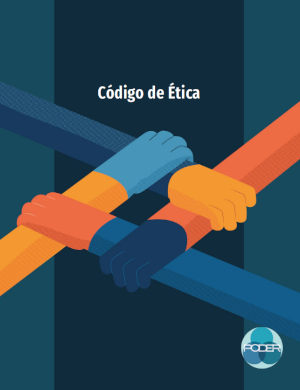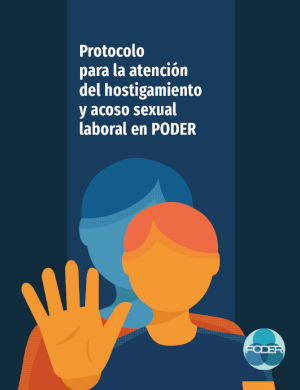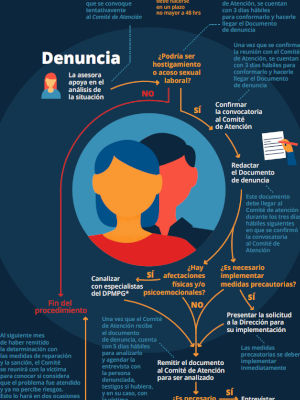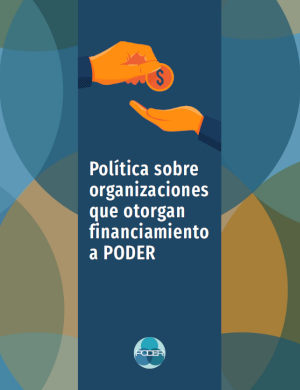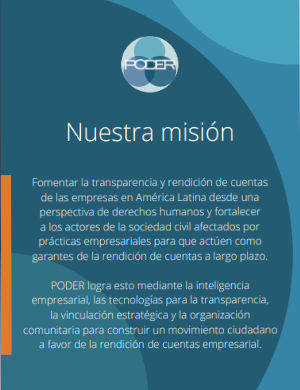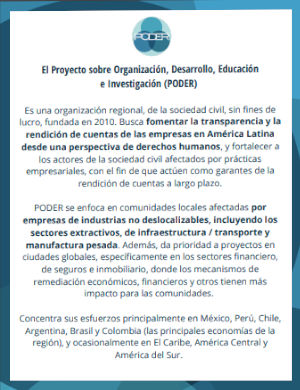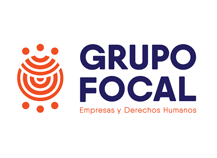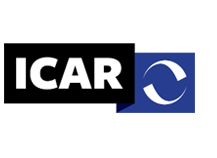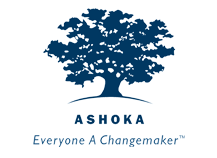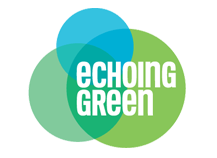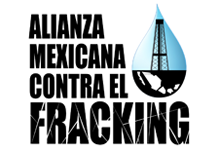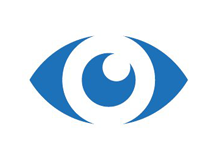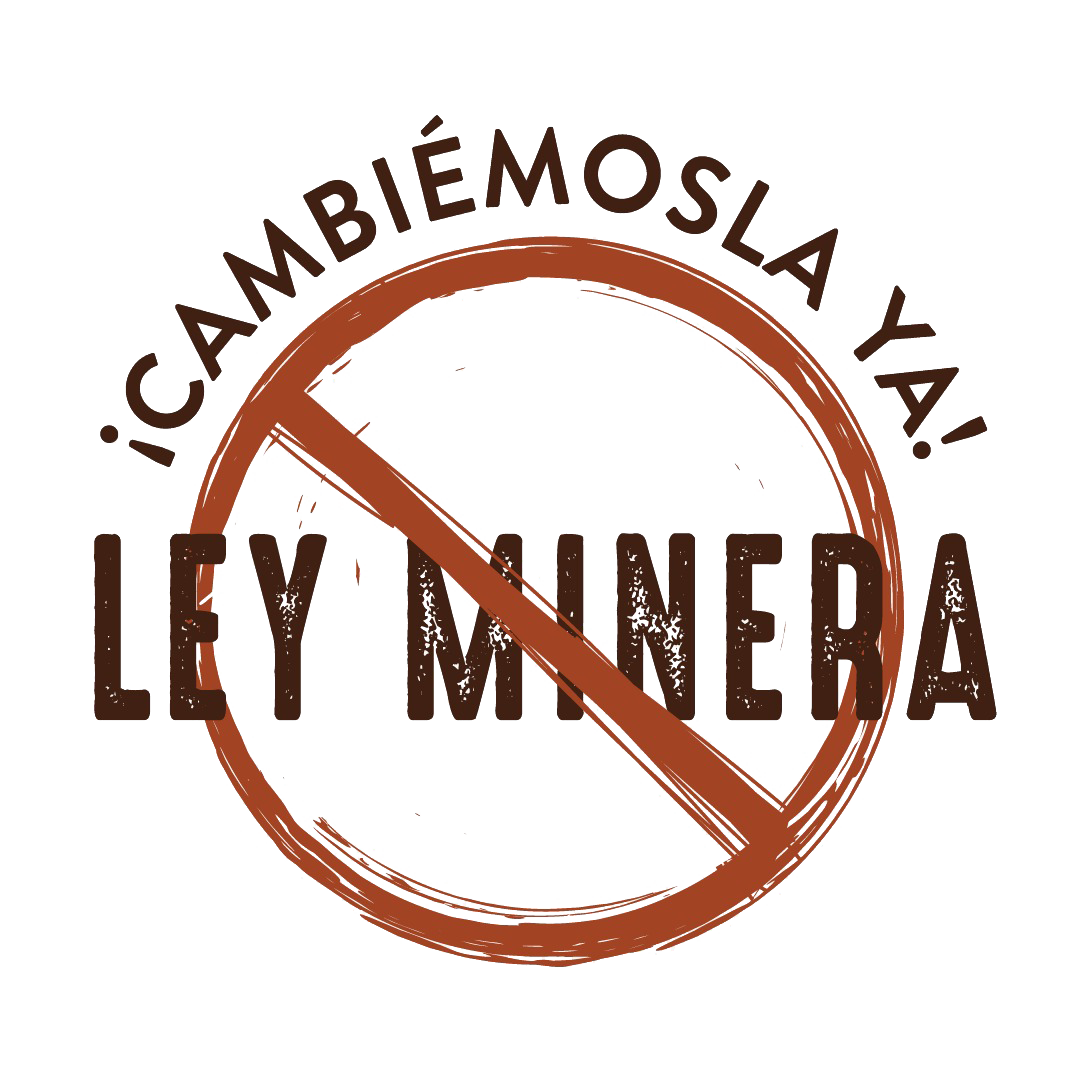WHAT WE DO?
The Project on Organization, Development, Education and Research (PODER) is a regional, civil-society, non-profit organization, founded in 2010 by Benjamin Cokelet. Our aim is to advocate for corporate transparency and accountability in Latin American countries from a human rights perspective, and empower civil society actors affected by corporate practices to serve as the main advocates of accountability in the long term.
PODER focuses on local communities that have been affected by business operations in non-outsourceable industries, such as mining and oil drilling, infrastructure, transportation and heavy manufacturing. We prioritize projects in global cities, with a focus on the financial, insurance and real-estate sectors, where economic, financial and other kinds of remediation mechanisms can have a greater impact on communities.
Our efforts are concentrated mainly in Mexico, Peru, Chile, Argentina, Brazil and Colombia (the region’s largest economies), and occasionally in the Caribbean, Central America and other countries in South America.
We work from an intersectional and gender perspective both internally as an organization and in our programmatic work. Analyzing power and its privileges is at the heart of this organization’s strategies and work.
• Conduct corporate research in strategic industries to expose patterns of state capture and human rights violations by companies; to reduce inequalities in terms of access to information; and fine-tune strategies for accountability and access to justice for communities and workers affected by corporate activities.
• Develop technology platforms and tools that promote open data on the private sector and its relations with the State, including databases, visualizations, and leak platforms like Méxicoleaks, Perúleaks and Chileleaks. Also, through investigative journalism and external communication strategies, PODER explores narratives that explain state capture effectively, so it can be understood by a broader section of the public, leading to more pressure for accountability on companies, investors and regulators.
• Conduct advocacy at a national, regional and international level, including engaging with decision-makers, investors and communities, to improve private-sector regulation and practices, facilitate access to justice and prevent harm.
• Assist in organization and litigation efforts by communities whose rights have been violated by harmful corporate practices, and help strengthen their capacities to defend those rights so that they become long-term agents of change.

